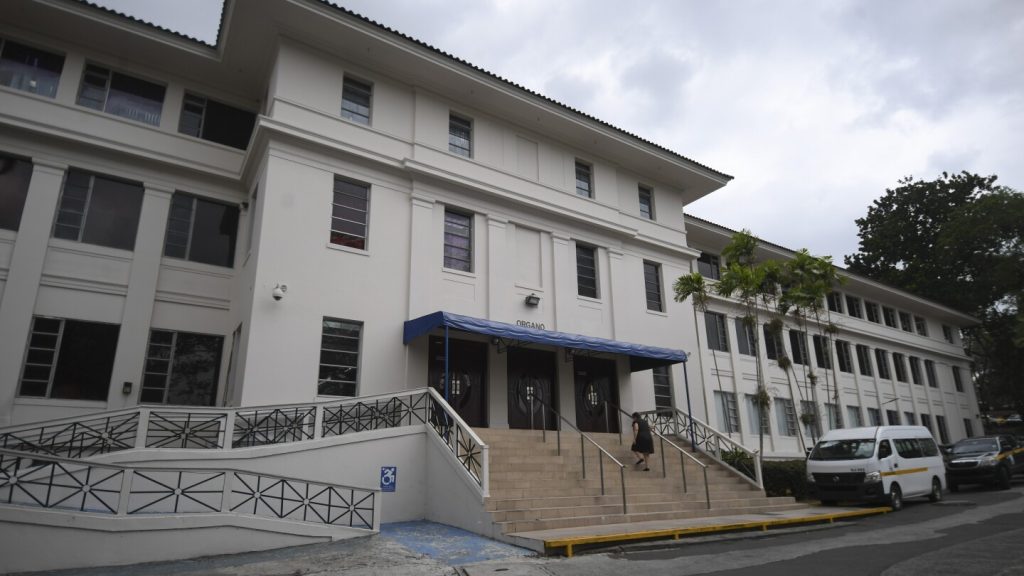A trial involving more than two dozen individuals accused of helping hide the wealth of some of the world’s richest people concluded abruptly in Panama City. The trial was related to the 2016 “Panama Papers” leak, which exposed secret financial documents and led to the resignation of the prime minister of Iceland and brought scrutiny to politicians and leaders around the world. Judge Baloisa Marquínez announced that she would take two weeks to review the trial arguments and testimony, despite expectations that the trial would last until the end of the month. The judge has 30 working days to issue a verdict in the case.
Among those on trial are the owners of Mossack Fonseca, the law firm at the center of the Panama Papers scandal. Jürgen Mossack, one of the owners, attended the trial while his partner Ramón Fonseca did not due to health reasons. Panamanian prosecutors allege that Mossack, Fonseca, and their associates created a network of shell companies to hide money related to illicit activities, specifically in the “car wash” corruption scandal involving the Brazilian construction company Odebrecht. Mossack maintained his innocence throughout the trial, stating that the accusations have had a significant impact on his personal and family life.
The prosecution claimed that Mossack Fonseca created 44 shell companies, with 31 of them opening accounts in Panama to conceal funds connected to the Brazilian scandal. Fonseca argued that the firm had no control over how its clients used the offshore vehicles created for them. The law firm had a long history of creating and selling shell companies, with around 240,000 entities established over four decades in business. Mossack Fonseca closed its doors in 2018, two years after the Panama Papers scandal broke, citing reputational damage, financial pressure, and actions by Panamanian authorities as reasons for discontinuing operations. The owners were acquitted of other charges in 2022.
The Panama Papers leak first came to light when documents were shared with the German newspaper Suddeutsche Zeitung, which then collaborated with the International Consortium of Investigative Journalists to publish reports in 2016. The massive document leak exposed how the rich and powerful used offshore companies to hide their wealth and evade taxes. The fallout from the scandal led to criminal investigations, resignations, and significant reforms in the financial and legal sectors. The trial of Mossack Fonseca and its associates represents a significant development in holding individuals and entities accountable for their role in facilitating illicit financial activities.
The trial in Panama sheds light on the complex world of offshore finance, shell companies, and the lengths to which some individuals and organizations go to hide their wealth. The case has drawn international attention and highlights the need for global cooperation in combating financial crimes and ensuring transparency and accountability in the financial system. The outcome of the trial will have implications for the ongoing fight against money laundering, corruption, and illicit financial activities that have far-reaching consequences for economies and societies worldwide. As the judge deliberates on the verdict, the world waits to see how justice will be served in one of the most significant financial scandals of the modern era.


